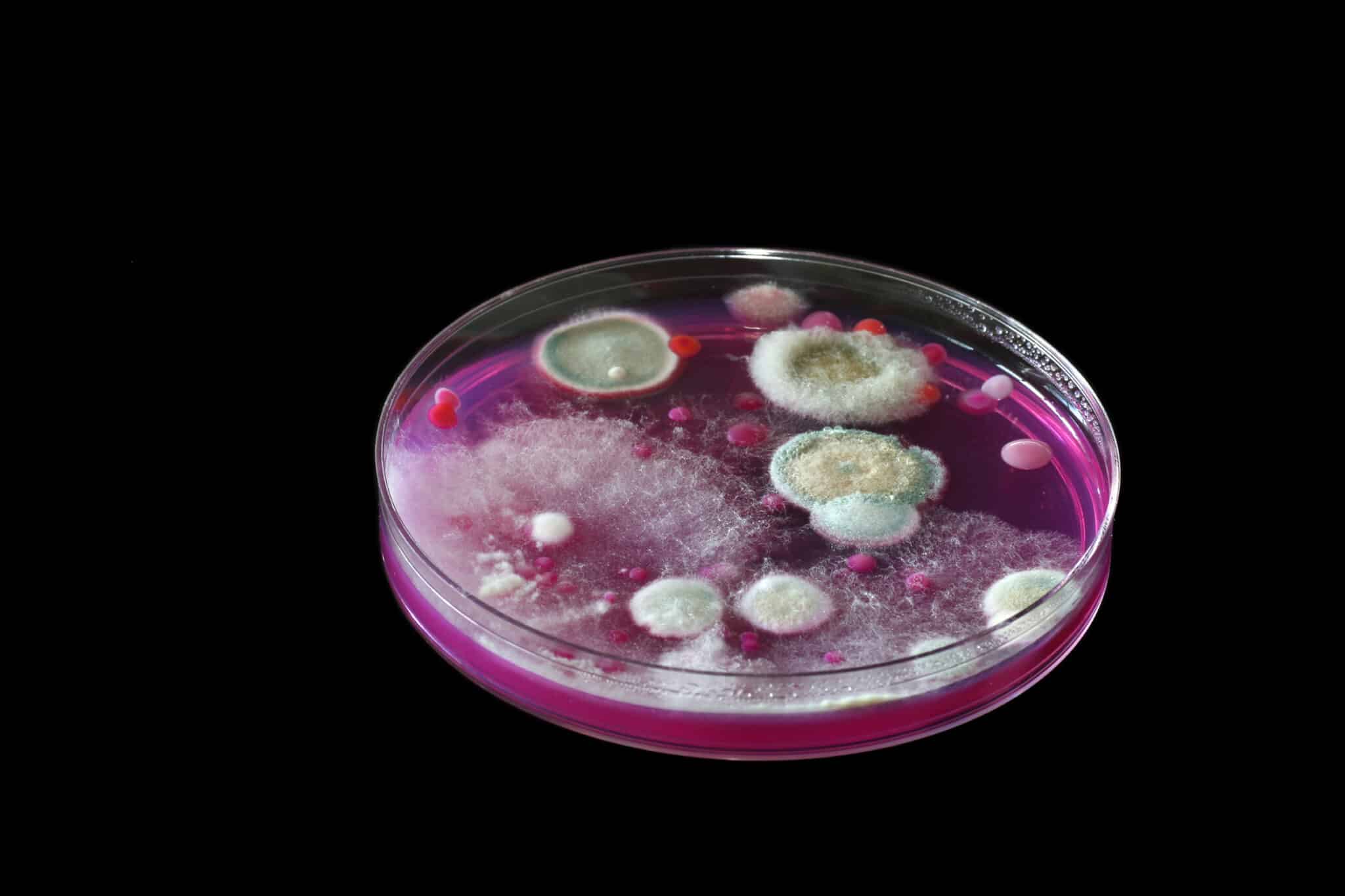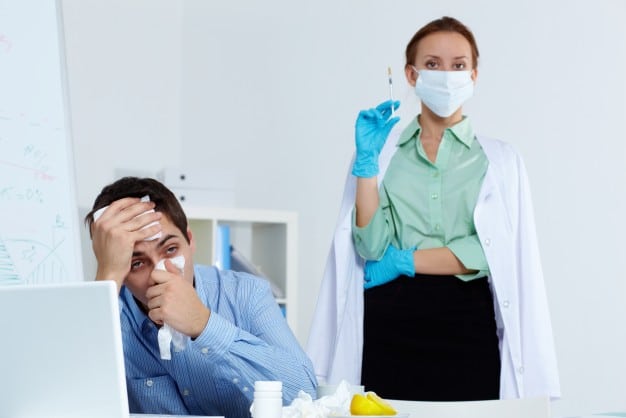Spring and Summer are the peak allergy seasons, causing havoc for those with hay fever and other allergies. Children, especially, are the most susceptible to allergens. Around 40% of children suffering from some kind of airborne allergy or hay fever. Most people will seek refuge in their homes during allergy season. But what happens if you start sneezing and sniffling in your own home?
The problem might be your air conditioning!
Allergic to Air Conditioning?
There are a lot of people who claim that they are allergic to air conditioning. They develop dry eyes, sore throats, flu-like symptoms, and seem to take sick days every four to six weeks. Blocked noses, sneezing, tonsillitis, pharyngitis, sinusitis, and body aches are attributed to “air-conditioner allergies”.
It is true that those with sensitive noses, infections (such as the common cold), allergies, or compromised immune systems can suffer adverse reactions to air conditioning. But it is not the fault of the air conditioner itself.
Much like everything in your home and office, your air conditioner needs to be well maintained and looked after. But all too often the air conditioner gets forgotten or neglected. Poorly maintained air con units and air conditioners that are not regularly cleaned, create allergy and infection pitfalls.
 Sick Building Syndrome
Sick Building Syndrome
Pollen, dust mites, animal and human dander, and dust gradually build up within the air conditioner. This dirty air is then circulated through your home, before circulating through the air conditioner again, creating a vicious cycle. Sometimes even debris from the initial construction of the home can still be present in the air conditioner!
But worse things can lurk inside your air conditioner. Vermin – such as rats, mice, and bugs – can create nests, spreading their dander, dust, and infection through your house. Air conditioners that are not properly maintained can gather moisture. This leads to the growth of dangerous black mould, fungi, mildew, bacteria, and provides the breeding ground for infections.
Worse yet, is the phenomenon of “sick building syndrome”. This is found most often in buildings with a central air conditioner that is not maintained. These air conditioners breed mould, mildew, and bacteria. They can even harbour dangerous infections including infectious pneumonia and Legionnaire’s disease, by spreading microorganisms. Because the air conditioner is not maintained, these infections and bacteria continue to grow and spread, resulting in “sick building syndrome”.
Not to mention, compromised air conditioners can just make your home or office smell plain bad!
Treat the Cause, Not the Symptoms
So how do you avoid everything from allergy sniffles to dangerous respiratory infections? By simply keeping your air conditioner well maintained and cleaned, as well as investing in a good allergy filter. Your air filter should be regularly cleaned – up to once a month for those with severe allergies. Specialised allergen filters (HEPA – high efficiency particle filters) should be replaced just as regularly. The air conditioner itself should be scheduled for yearly maintenance to ensure it is running properly and not clogged by dust or debris. Older systems, of course, will need a more frequent maintenance schedule than a new system.
You can also help by regularly vacuuming your home, ensuring your home has appropriate ventilation to allow fresh air to cycle through your home on low pollen days, fitting your air conditioner with a humidifier to cut down on condensation build up, and ensuring any leaks are fixed as soon as you detect them.
Can I Clean the Air Conditioner Myself?
It is possible to do some cleaning of your air conditioner yourself, especially changing out air filters and replacing allergy filters. However, most air conditioners have parts that are inaccessible for visual examination. This means you probably won’t be able to tell if a part needs cleaning until you take your air conditioner apart. And with so many delicate, moving parts involved in air conditioners, it is always better to get a professional to do the work for you!
A professional air conditioner technician involves cleaning all components of your air conditioning unit, including heating and cooling coils, heat exchanges, fan motors, the air handling unit and housing, condensate drain pans and drip pans, grillers, diffusers, supply and return ducts, and registers. Technicians can also help those with allergies by applying chemicals to the air conditioner to combat contaminants and any infectious bacteria that might have built up in your air con unit.
 Do I Really Need to Get My Air Conditioner Cleaned?
Do I Really Need to Get My Air Conditioner Cleaned?
Summer and winter, we spend about 21 hours under air conditioners – whether they are being used for heating or cooling. For people with allergies or who are susceptible to illness and infections, that is a long time to be sitting in a room full of bad air. Studies have shown that not only is hay fever directly influenced by air quality, but that bad air conditioning can lead to air that is 205 times more polluted that outdoor air.
And if you’re still not convinced, further studies have shown that up to 25-40% of energy wastage comes from clogged air conditioning units. By keeping your air con clean, you are not only cutting costs on your energy bill but also elongating the life of your system.
John’s Refrigeration and Air Conditioning can service both residential and commercial air conditioning units. If your AC needs cleaning or maintenance, give us a call today!


 Sick Building Syndrome
Sick Building Syndrome
 Do I Really Need to Get My Air Conditioner Cleaned?
Do I Really Need to Get My Air Conditioner Cleaned?